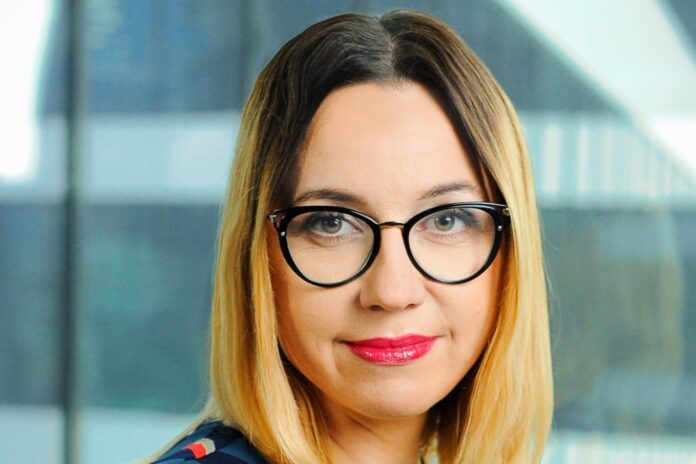The VP and CTIO of UPC Polska and UPC Slovakia talks to Annie Turner.
What issue is top of your mind right now?
We are all suffering from being isolated and working remotely. It was great at the beginning, because people were very engaged and glad to stay at home, safe from Covid. Now they still appreciate the work, but some are getting tired. That’s what bothers me the most. We need to move to the next level and properly implement this new way of working.
The most important thing is to keep employees energetic and engaged, because business’ needs are growing. For instance, we must deliver more capacity – Covid caused a 54% rise in traffic – and that will stay with us, because people have adjusted to this new reality. People value the flexibility of working from home and will go to the office as needed in future.
Broadband is not only about home connectivity, it’s a new work environment and we need to improve considerably the quality of working from home by giving people better collaboration tools.
What are the most useful lessons you’ve learned professionally?
I had a session with Google Cloud recently, directed by women in Poland, as part of a global programme to encourage women to start careers in IT, even without previous experience. The biggest lesson is don’t try to be perfect, just keep trying. It’s not about having talent now or being talented by nature: the most important factor is to be brave, raise your hand and believe your voice is as important as others’.
In 2010, I switched to telco after working in finance for 10 years. I couldn’t understand half the words at first. You need to meet people who speak a different [professional] language and ask them to explain.
This is very important, because it opens other people’s minds – maybe they stop just repeating the stuff they’ve been saying for a long time, because a new person makes them think. Ask questions as much as possible, because that will develop yourself and the environment.
You are responsible for two countries. How does this work? Is it helpful or just harder?
People in Slovakia and Poland are not very different – both are highly competitive environments with huge pressure for effectiveness and further growth acceleration. The greatest difference is the Polish market is significantly bigger, and as CapEx and OpEx are more limited [in a smaller market], it drives creativity.
The larger market can drive how to put things in order, how you implement and follow rules, which use cases to prioritise and which use cases you benefit from. [This means] the two markets are complementary.
I have run more even countries in the past, which means dealing with many different mindsets. To lead you must influence people in a proper way. If you don’t know how to influence – how to talk to people and communicate ideas – you will not succeed.
Running pilots in diverse environments brings you to the next level of leadership. I see any kind of diversity as an advantage. The more ideas and perspectives you have, the better, or we all end up looking at things a certain way. Smaller markets are excellent for trials, because you don’t need too much [resource], and people are agile and used to trying things out.
Customers in different markets behave in different ways, yet their needs are similar. Ultimately everyone wants to be served more and more digitally, and they don’t want to deal with services one at a time. Customers want to communicate with one broadband connectivity and mobile provider, to buy things in a package, so they can communicate and act in a digital way.
The pandemic underlined the importance of connectivity. How do you see it evolving over the next five years?
We invested a lot in the last couple of years, but still we are below the European average in terms of Gigabit connections in Poland. It’s clear that more fast connections will drive the economy up.
UPC Polska is expanding its fixed broadband (see intro) and 5G backhaul will require more fibre, because some 5G spectrum needs a lot of small towers. 5G and fibre are complementary, and as life becomes more digital, we will always need more capacity.
UPC Polska is owned by Liberty Global and provides broadband, TV, telephony and mobile services to over 1.5 million customers in Poland. Its network reaches more than 3.6 million homes and it plans to increase this by 1.7 million in 2023-24 by accessing wholesale infrastructure under the Digital Poland Program initiative. It has nearly 90,000 mobile, over 1.3 million pay-TV and 1.3 million fixed broadband subscribers.
UPC Slovakia is the largest cable TV operator in the country, and also offers fixed broadband and telephony services to a total of 406,700 subscribers. As of May this year, it provided 1Gbps broadband to 297,000 households out of its 627,000 household footprint. UPC Slovakia provides fixed line telephone services (VoIP) to 89,300 and video content to 171,000 customers.


